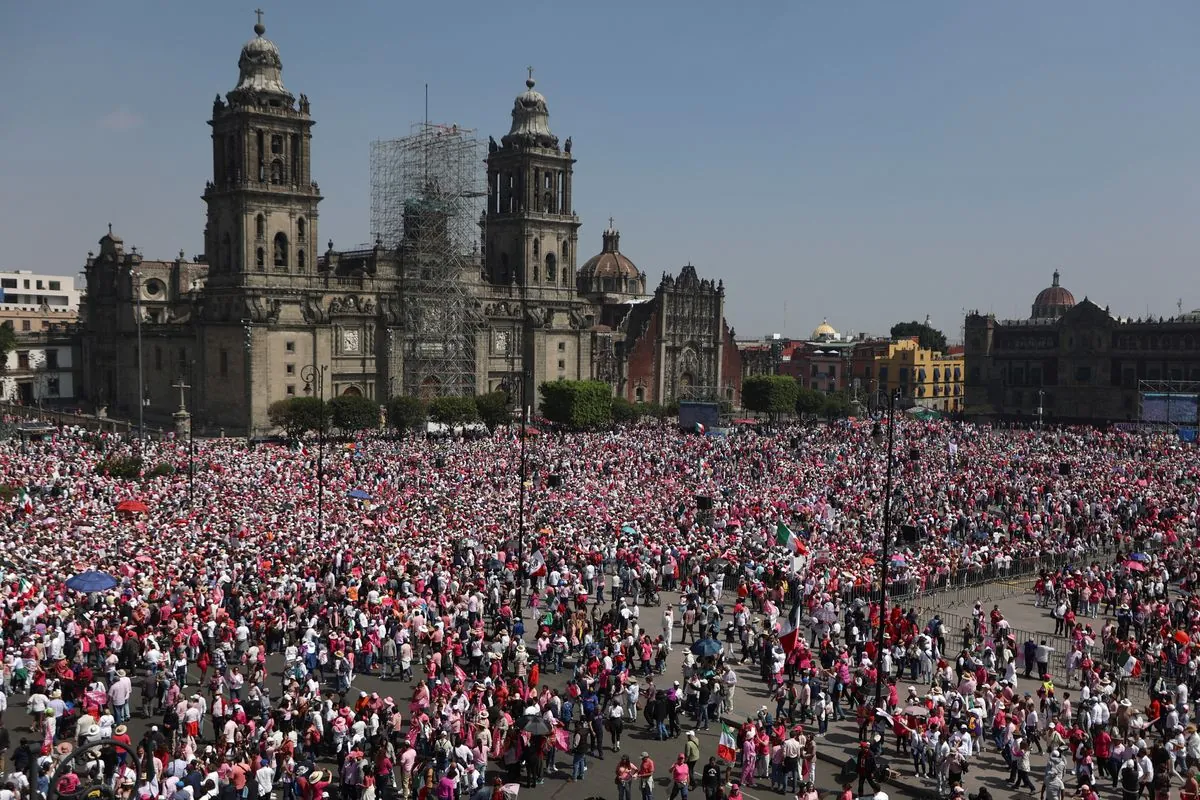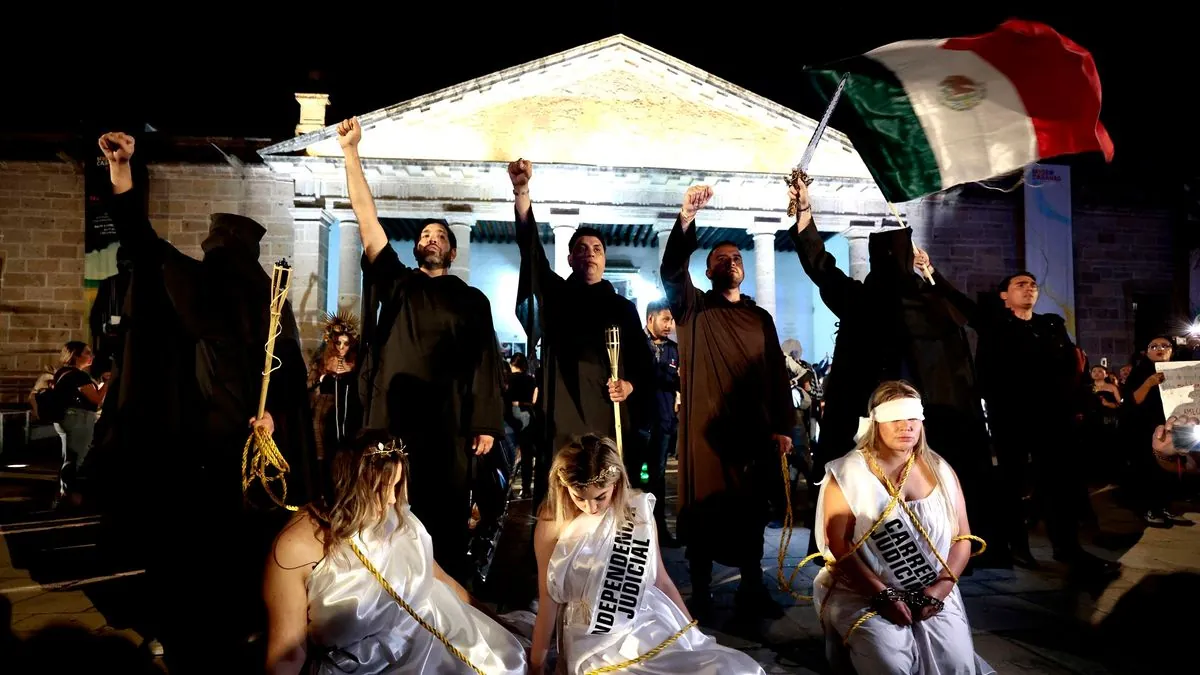Mexico's Controversial Judicial Reform Set for Congressional Debate
Mexico's Lower House to discuss judicial overhaul, including popular election of judges and Supreme Court changes. Reform sparks protests and concerns over judicial independence and labor rights.

Mexico's legislative body is poised to engage in a crucial debate over a contentious judicial reform proposal. The Lower House of Congress is scheduled to commence discussions on September 3, 2024, with voting expected to conclude by September 5, according to Ricardo Monreal, the ruling party leader in the chamber.
The proposed constitutional amendment, championed by outgoing President Andres Manuel Lopez Obrador and endorsed by incoming President Claudia Sheinbaum, has ignited significant controversy. The reform's core elements include the popular election of over 7,000 judges and magistrates, a reduction in the Supreme Court's size from 11 to 9 justices, and shortened terms from 15 to 12 years. Additionally, it proposes the establishment of a new supervisory body for judges.

Proponents argue that these changes are essential to address Mexico's high impunity rates for violent crimes. Obrador contends that the current judicial system "is not at the service of the people" and instead "responds to the interests of organized crime." However, critics, including legal experts, point out that much of the impunity issue stems from resource-limited and corruption-plagued prosecutors, police, and state-level attorney general offices – entities not directly affected by this reform.
The proposed changes have sparked widespread concern among various stakeholders. Judicial workers' unions assert that the reform could infringe upon labor rights, while critics worry that the popular election of judges might allow special interests, including criminal groups, to exert undue influence over the judiciary.
"The judicial system is not at the service of the people and instead responds to the interests of organized crime."
It's worth noting that Mexico's judicial system, established in 1824, has a rich history and unique features. The current constitution, enacted in 1917, incorporates elements from US, Spanish, and French legal traditions. The system operates on civil law principles, relying primarily on written statutes rather than case law. A distinctive aspect of Mexican law is the concept of "amparo," which provides constitutional protection for individual rights.
The proposed reform represents a significant departure from the current appointment process for Supreme Court justices, who are currently nominated by the President and confirmed by the Senate. This change, along with the reduction in the number of justices and term lengths, could have far-reaching implications for the highest court's composition and decision-making processes.
As the debate unfolds, it's crucial to consider the broader context of Mexico's judicial system, which has undergone several reforms since the 1990s. The system faces ongoing challenges, including case backlogs and allegations of corruption. While the proposed changes aim to address some of these issues, they have also raised concerns about potential threats to judicial independence and the separation of powers.
The outcome of this legislative process will likely have profound implications for Mexico's legal landscape and its efforts to combat impunity and strengthen the rule of law.


































